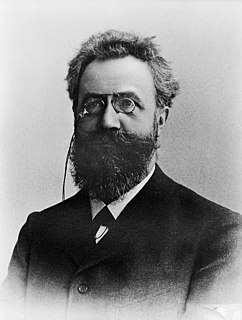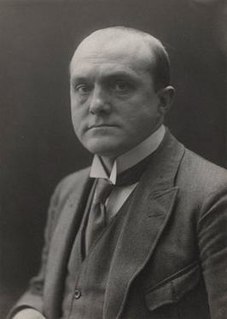A Quote by N.D. Wilson
Imagine a poem written with such enormous three-dimensional words that we had to invent a smaller word to reference each of the big ones; that we had to rewrite the whole thing in shorthand, smashing it into two dimensions, just to talk about it. Or don’t imagine it. Look outside. Human language is our attempt at navigating God’s language; it is us running between the lines of His epic, climbing on the vowels and building houses out of the consonants.
Quote Topics
About
Attempt
Between
Between The Lines
Big
Big One
Building
Building Houses
Climbing
Consonants
Dimensions
Each
Enormous
Epic
God
Had
His
Houses
Human
Human Language
Imagine
Invent
Just
Language
Lines
Look
Our
Out
Outside
Poem
Reference
Rewrite
Running
Shorthand
Smaller
Smashing
Talk
Thing
Three
Three-Dimensional
Two
Us
Vowels
Whole
Word
Words
Written
Related Quotes
Language both reflects and shapes society. Culture shapes language and then language shapes culture. Little wonder that the words we use to talk to each other, and about each other, are the most important words in our language: they tell us who I am, they tell us who you are, they tell us who 'they' are.
Being a slow reader would normally be a deficiency; I found a way to make it an asset. I began to sound words and see all those qualities - in a way it made words more precious to me. Since so much of what happens in the world between human beings has to do with the inconsideration of language, with the imprecision of language, with language leaving our mouths unmediated, one thing which was sensuous and visceral led to, in the use of language, a moral gesture. It was about trying to use language to both exemplify and articulate what good is.
When we listen to improvisational jazz, or solo classical violinists, the way they phrase and inflect melodies feels vocal, like they’re talking to us. When I was figuring out how to perform solo, I wanted to move back and forth between bass riffs, melody, and harmony, so I often used sounds instead of — or alongside — the words of a song. I found that if I sang a line using the consonants, vowels, shadings, and inflection we recognize as human language sounds, people responded as if I were talking to them.
One can imagine that God created the universe at literally any time in the past. On the other hand, if the universe is expanding, there may be physical reasons why there had to be a beginning. One could imagine that God created the universe at the instant of the big bang, or even afterwards in just such a way as to make it look as though there had been a big bang, but it would be meaningless to suppose that it was created before the big bang. An expanding universe does not preclude a creator, but it does place limits on when he might have carried out his job!
Since I found that one could make a case shadow from a three-dimensional thing, any object whatsoever - just as the projecting of the sun on the earth makes two dimensions - I thought that by simple intellectual analogy, the fourth dimension could project an object of three dimensions, or, to put it another way, any three-dimensional object, which we see dispassionately, is a projection of something four-dimensional, something we are not familiar with.
We had no churches, no religious organizations, no sabbath day, no holidays, and yet we worshiped. Sometimes the whole tribe would assemble to sing and pray; sometimes a smaller number, perhaps only two or three. The songs had a few words, but were not formal. The singer would occasionally put in such words as he wished instead of the usual tone sound. Sometimes we prayed in silence; sometimes each one prayed aloud; sometimes an aged person prayed for all of us. At other times one would rise and speak to us of our duties to each other and to Usen. Our services were short.
Imagine a world in which we saw beyond the lines that divide us, and celebrated our differences, instead of hiding from them. Imagine a world in which we finally recognized that, fundamentally, we are all the same. And imagine if we allowed that new understanding to build relations between people and between nations.
Between two beings there is always the barrier of words. Man has so many ears and speaks so many languages. Should it nevertheless be possible to understand one another? Is real communication possible if word and language betray us every time? Shall, in the end, only the language of tanks and guns prevail and not human reason and understanding?
I just can't imagine my life without Dostoevsky and The Brothers Karamazov. I can spin off of that and talk about Crime and Punishment and Tolstoy. I could talk about other novels, but for me it's Dostoevsky. His sheer size and grandeur, his sacramentality, his ecclesiology, and his sense of the human predicament are as powerful as it gets. Can't imagine not reading the Russians.
What happens when you speak colloquial Hebrew is you switch between registers all the time. So in a typical sentence, three words are biblical, one word is Russian, and one word is Yiddish. This kind of connection between very high language and very low language is very natural, people use it all the time.
One of the things I love about translation is it obliterates the self. When I'm trying to figure out what Tu Fu has to say, I have to kind of impersonate Tu Fu. I have to take on, if you will, his voice and his skin in English, and I have to try to get as deeply into the poem as possible. I'm not trying to make an equivalent poem in English, which can't be done because our language can't accommodate the kind of metaphors within metaphors the Chinese written language can, and often does, contain.



































